Silent Diesel Generators for Hospitals: Critical Backup Power
In the realm of healthcare, uninterrupted power supply is not just a convenience—it's a matter of life and death. Silent diesel generators have emerged as the backbone of hospital emergency power systems, providing a reliable and quiet solution to keep critical equipment running when the main power grid fails. These generators are engineered to deliver substantial power output while maintaining noise levels that won't disrupt patient care or nearby residential areas. With advanced soundproofing technology and efficient engine designs, modern silent generators ensure that hospitals can maintain their operations seamlessly during power outages, without adding to the stress of an already tense environment.
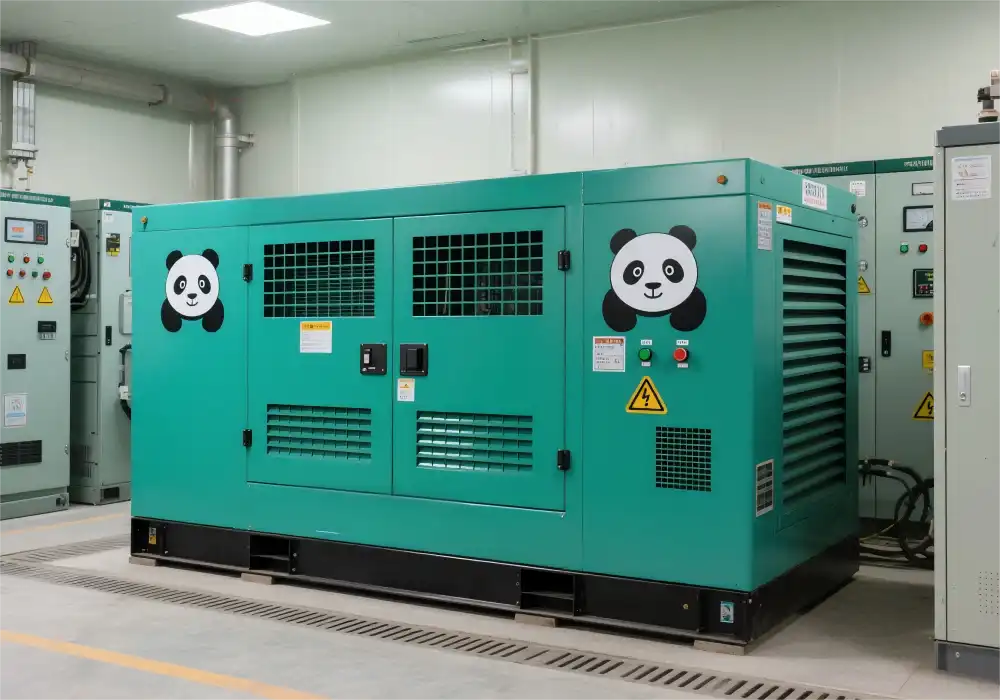
Why Do Hospitals Require Ultra-Quiet Generators?
Hospitals are unique environments where peace and quiet are essential for patient recovery and the concentration of medical staff. The need for ultra-quiet generators in healthcare settings stems from several critical factors:
Patient Comfort and Recovery
Noise pollution can significantly impact patient recovery rates. Excessive noise from backup power systems can disrupt sleep patterns, increase stress levels, and potentially slow down the healing process. Silent diesel generators help maintain a calm and restful environment, which is crucial for patient well-being.
Precision Medical Procedures
Many medical procedures require absolute focus and steady hands. The low-frequency vibrations and noise from traditional generators can interfere with delicate operations and diagnostic equipment. Ultra-quiet generators ensure that surgeons and medical professionals can perform their duties without distraction or equipment malfunction.
Regulatory Compliance
Hospitals must adhere to strict noise regulations, especially in urban areas. Silent generators help healthcare facilities comply with local noise ordinances and maintain good relationships with neighboring communities. This compliance is not just about avoiding fines; it's about being a responsible part of the community fabric.
Staff Performance and Communication
Clear communication among hospital staff is vital for effective patient care. Loud generator noise can hinder verbal communication and potentially lead to misunderstandings or errors. By using ultra-quiet generators, hospitals ensure that staff can communicate clearly and perform their duties without the need to raise their voices or strain to hear important information.
Compliance Guide: NFPA 110 and ISO 8528 Noise Limits
When it comes to emergency power systems in healthcare facilities, compliance with industry standards is non-negotiable. Two key standards that govern the performance and noise levels of generators are NFPA 110 and ISO 8528. Understanding these guidelines is crucial for hospital administrators and facility managers to ensure their backup power systems meet the necessary requirements.
NFPA 110: Emergency and Standby Power Systems
The National Fire Protection Association (NFPA) 110 standard sets the bar for emergency and standby power systems. While it doesn't specifically address noise levels, it does outline critical performance criteria that silent diesel generators must meet:
- Load acceptance within 10 seconds of power loss
- Ability to handle 100% of the rated load
- Regular testing and maintenance protocols
- Fuel storage requirements for extended run times
Compliance with NFPA 110 ensures that generators can respond quickly and effectively during power outages, which is crucial for maintaining critical hospital functions.
ISO 8528: Reciprocating Internal Combustion Engine Driven Alternating Current Generating Sets
ISO 8528 provides a comprehensive framework for generator performance, including guidelines for noise emissions. Part 10 of this standard specifically addresses sound levels:
- Defines measurement methods for sound pressure levels
- Specifies noise level limits for different generator applications
- Outlines reporting requirements for noise data
For hospital applications, ISO 8528 recommends noise levels not exceeding 70 dB(A) at a distance of 7 meters. This ensures that generators operate quietly enough to minimize disruption to hospital operations and patient care.
Balancing Compliance and Performance
Meeting these standards requires careful consideration in generator selection and installation. Hospitals must balance the need for powerful, reliable backup power with the requirement for quiet operation. This often involves:
- Selecting generators with advanced sound attenuation features
- Proper placement and enclosure of generator sets
- Regular maintenance to ensure optimal performance and noise control
- Implementing sound barriers and vibration isolation systems
By adhering to these standards, hospitals can ensure their emergency power systems are both effective and considerate of the sensitive hospital environment.
How to Maintain Silent Generators for Emergency Readiness
Maintaining silent diesel generators is crucial for ensuring they perform optimally when needed most. A well-maintained generator not only provides reliable power but also continues to operate quietly, adhering to the strict noise requirements of hospital environments. Here's a comprehensive guide to keeping your silent generators in top condition:
Regular Inspection and Testing
Frequent checks are the cornerstone of generator maintenance:
- Weekly visual inspections for leaks, loose connections, or signs of wear
- Monthly load tests to ensure the generator can handle full capacity
- Quarterly fuel quality checks to prevent contamination
- Annual comprehensive inspections by certified technicians
Noise Control Maintenance
To preserve the silent operation of your generators:
- Inspect and replace sound-absorbing materials regularly
- Check and tighten exhaust system components to prevent leaks
- Monitor and adjust engine mounts to minimize vibration
- Lubricate all moving parts to reduce friction and noise
Fuel System Care
Proper fuel management is essential for generator performance:
- Use high-quality fuel and additives to prevent degradation
- Implement a fuel polishing system to remove contaminants
- Regularly drain water separators to prevent fuel contamination
- Schedule periodic fuel tank cleaning to remove sediment
Cooling System Maintenance
An efficiently operating cooling system is vital for silent operation:
- Check coolant levels and quality monthly
- Inspect and clean radiator fins to ensure proper heat dissipation
- Test thermostat operation annually
- Replace coolant as per manufacturer recommendations
Battery Care
A well-maintained battery ensures quick starts and reliable operation:
- Clean battery terminals and check connections monthly
- Test battery voltage and specific gravity quarterly
- Use a battery maintainer to prevent discharge during idle periods
- Replace batteries every 2-3 years or as recommended by the manufacturer
Documentation and Record-Keeping
Maintaining detailed records is crucial for compliance and troubleshooting:
- Log all maintenance activities, including date and work performed
- Keep track of run hours, fuel consumption, and load tests
- Document any repairs or part replacements
- Review maintenance history regularly to identify patterns or recurring issues
By following these maintenance practices, hospitals can ensure their silent generators remain ready for action while continuing to operate within the required noise limits. Regular maintenance not only preserves the quiet operation of these critical systems but also extends their lifespan and reliability, providing peace of mind for healthcare facilities and their patients.
At Jlmech, we understand the critical importance of reliable and quiet backup power for hospitals. Our silent diesel generators are designed to meet and exceed the stringent requirements of healthcare environments. With an AC output range of 20-3000KW and a rated AC voltage of 400/230V, our generators are capable of powering entire hospital complexes while maintaining noise levels that won't disrupt patient care or staff operations.
Jlmech's silent generators feature advanced soundproofing technology, including specially designed enclosures and vibration dampening systems, ensuring noise levels remain well below industry standards. Our generators are equipped with high-performance engines and intelligent control systems, providing seamless power delivery during critical moments. With fuel tank capacities ranging from 50 to 5000L, our generators offer extended runtime options to suit the needs of any healthcare facility.
What sets Jlmech apart is our commitment to customization and global support. Our team of 52 engineers across three R&D centers can optimize generator performance for various environmental conditions, whether you're operating in a tropical climate or at high altitudes. With 26 overseas offices, we guarantee rapid response times for spare parts and technical support, ensuring your hospital's power system remains operational 24/7.
Conclusion
Silent diesel generators are an indispensable component of hospital infrastructure, providing critical backup power without compromising the peaceful environment necessary for patient care and recovery. By understanding the unique needs of healthcare settings, complying with industry standards, and implementing rigorous maintenance practices, hospitals can ensure their emergency power systems are always ready to perform when needed most.
Are you looking to upgrade your hospital's emergency power system with state-of-the-art silent generators? Jlmech, with over 29 years of experience in power solutions, offers a range of silent diesel generators specifically designed for healthcare environments. Our generators combine robust performance with ultra-quiet operation, ensuring your facility remains powered without disrupting patient care. With ISO 9001/14001 certifications and a global support network, we provide reliable, efficient, and compliant power solutions tailored to your hospital's unique needs. Don't let power outages compromise patient safety – contact us today at skala@whjlmech.com to learn how our silent generators can safeguard your hospital's operations.
References
- National Fire Protection Association. (2022). NFPA 110: Standard for Emergency and Standby Power Systems.
- International Organization for Standardization. (2018). ISO 8528-10:2018 Reciprocating internal combustion engine driven alternating current generating sets — Part 10: Measurement of airborne noise by the enveloping surface method.
- American Society for Health Care Engineering. (2021). Health Care Facilities Code Handbook.
- World Health Organization. (2018). Environmental Noise Guidelines for the European Region.
- Joint Commission on Accreditation of Healthcare Organizations. (2022). Environment of Care Standards for Hospitals.
- U.S. Department of Health and Human Services. (2020). Guidelines for Environmental Infection Control in Health-Care Facilities.
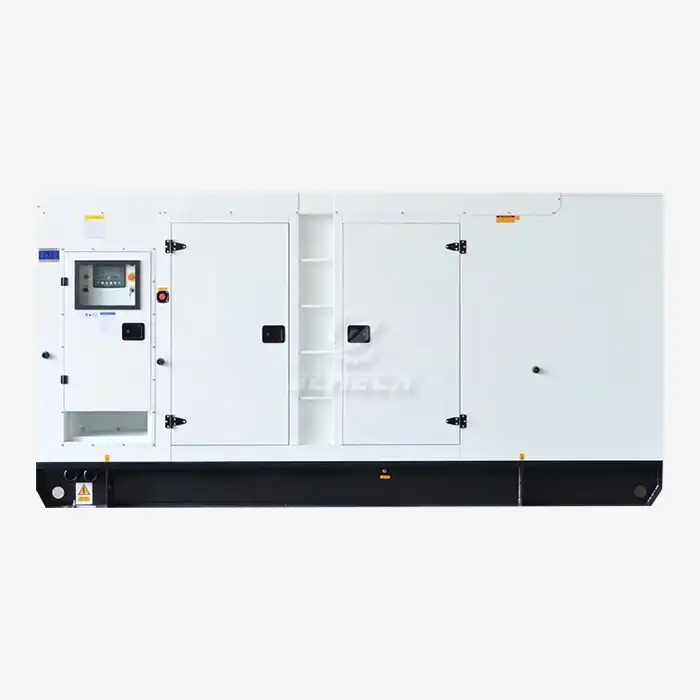 VIEW MOREOptionas Remote Control System Silent Diesel Generator
VIEW MOREOptionas Remote Control System Silent Diesel Generator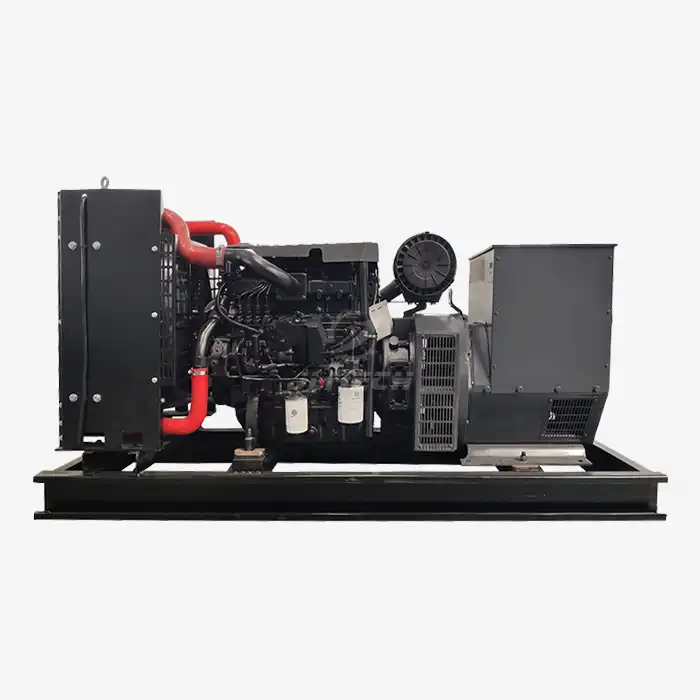 VIEW MORE60Hz industrial diesel generator
VIEW MORE60Hz industrial diesel generator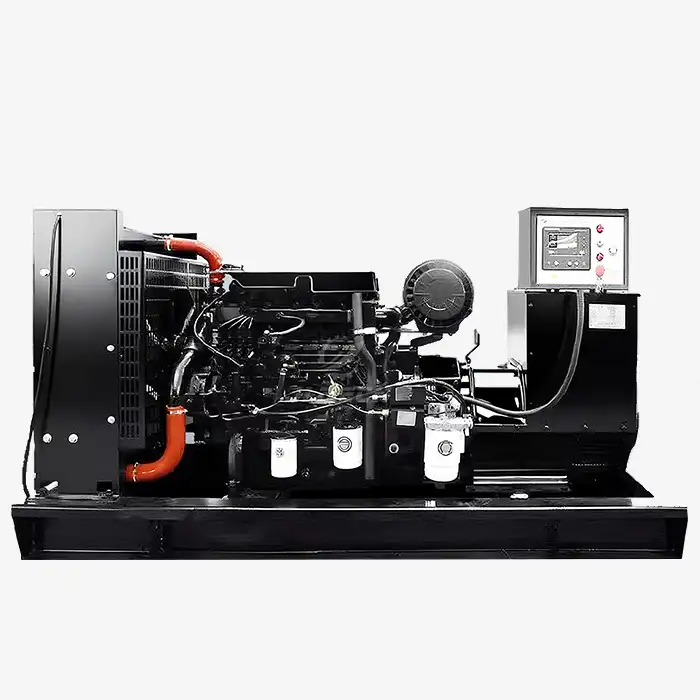 VIEW MORE200kVA Open Diesel Generator
VIEW MORE200kVA Open Diesel Generator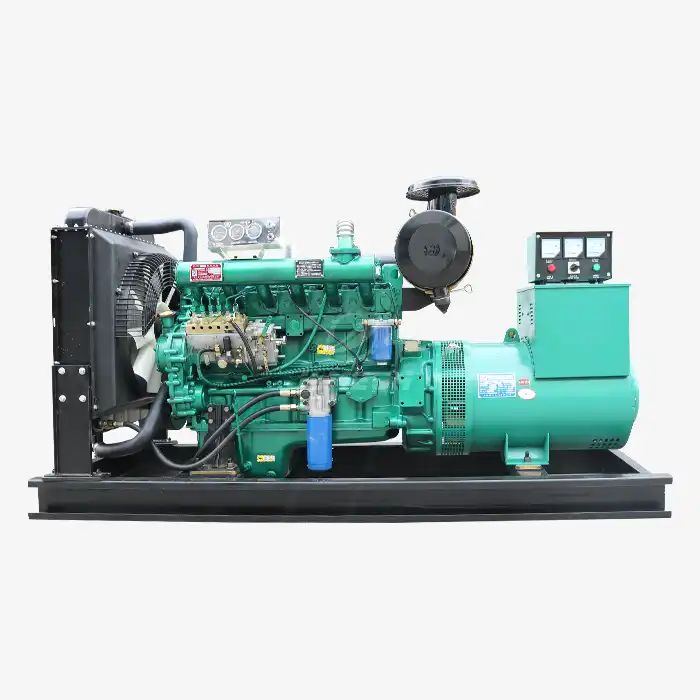 VIEW MOREdiesel generator 25 kw
VIEW MOREdiesel generator 25 kw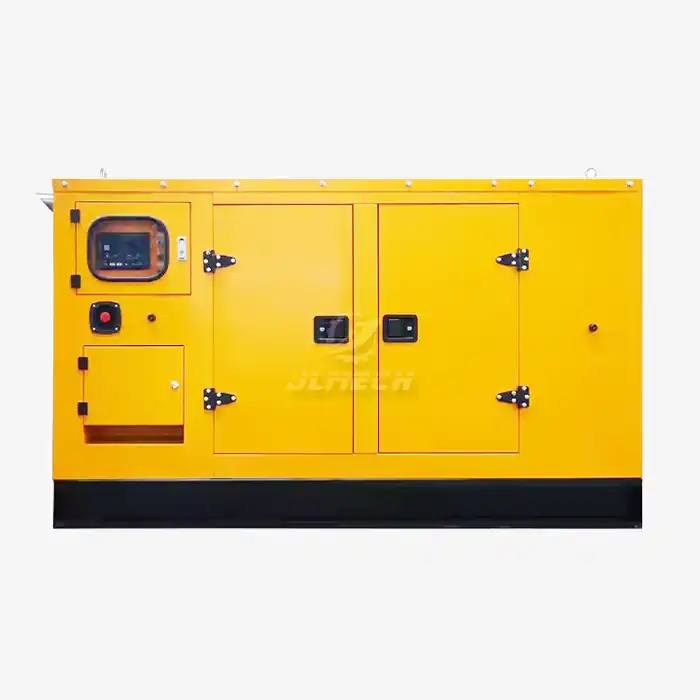 VIEW MOREcheapest diesel generator
VIEW MOREcheapest diesel generator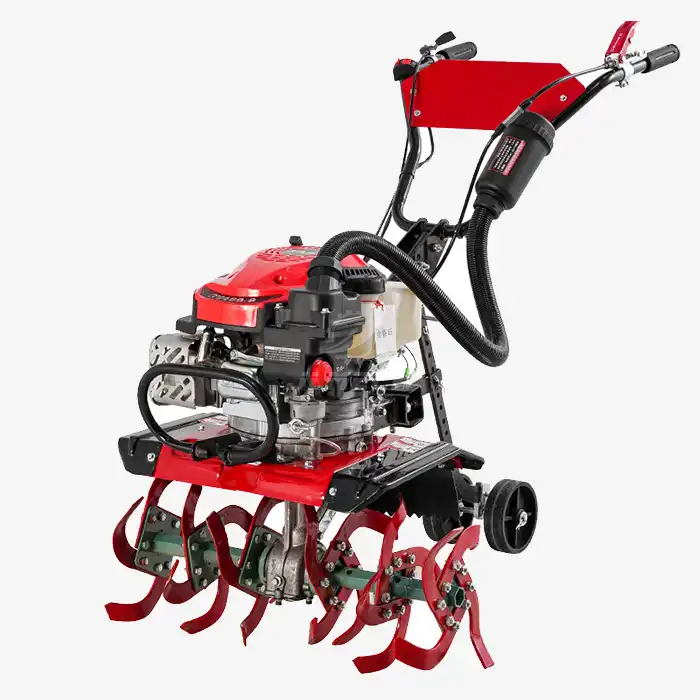 VIEW MOREcultivators mini tiller
VIEW MOREcultivators mini tiller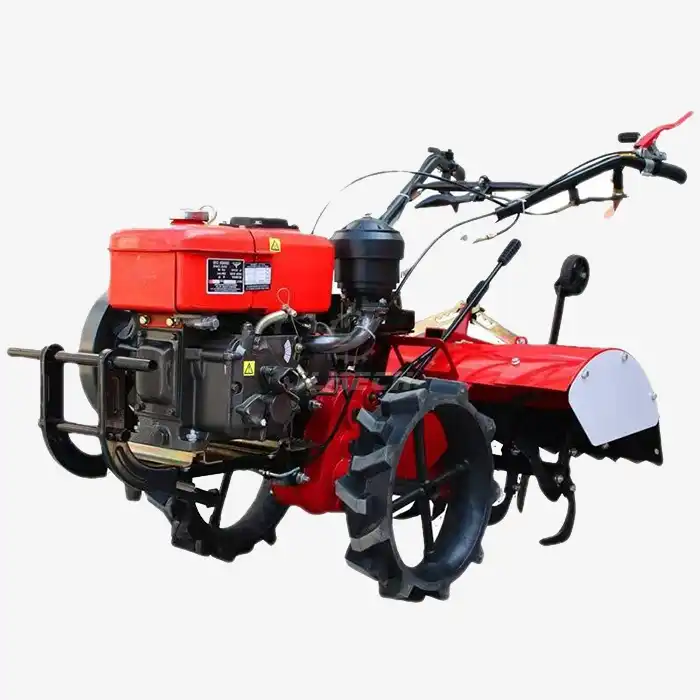 VIEW MOREcultivator machine farm cultivator
VIEW MOREcultivator machine farm cultivator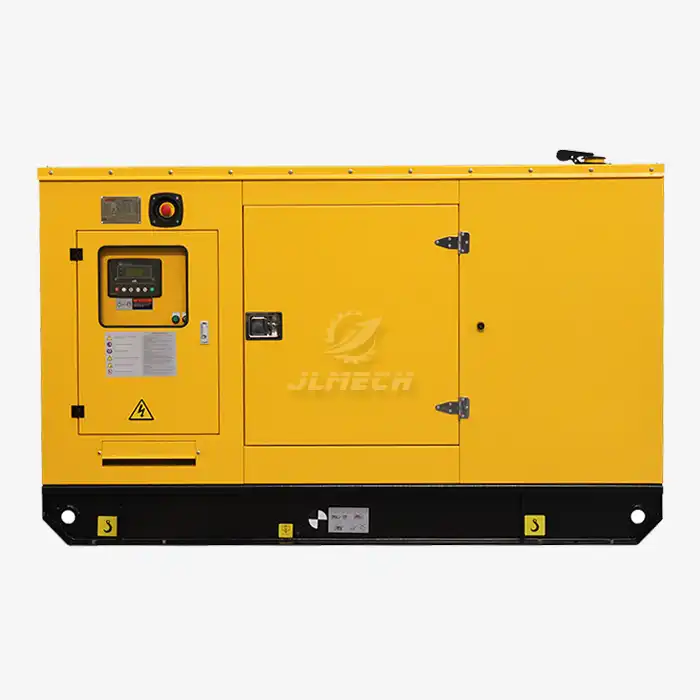 VIEW MOREshangchai diesel generator 20KW
VIEW MOREshangchai diesel generator 20KW



